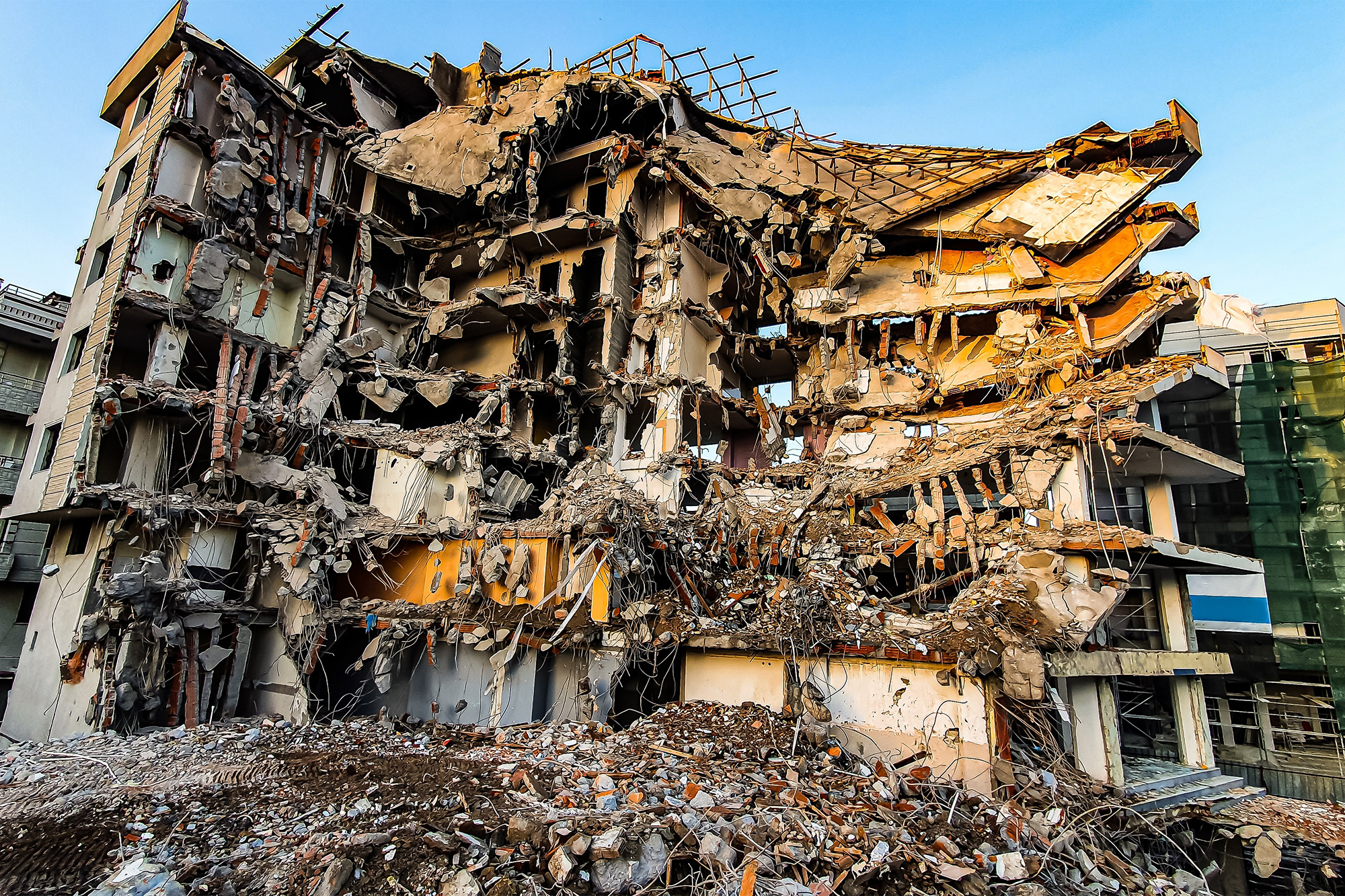
Students, faculty, and staff have responded quickly in the wake of the disaster.
Susan Cassidy | Office of the President
The catastrophic earthquake that struck Turkey and Syria on Feb. 6 has left more than 41,000 people dead, and many more still not counted under the rubble. More than a million people have been left homeless in Turkey alone. Bilge Yildiz, MIT professor of nuclear science and of materials science and engineering, was born and educated in Turkey. She offers a stark comparison: The number of people without housing is nearly 10 times the entire population of Cambridge, Massachusetts.
In the wake of the disaster, the Institute’s priority was to contact students from the region as they feared for their relatives and friends. Within hours, senior MIT leaders reached out to students with a message of care, concern, and offers of support. At the same time, students were reaching out to help others.
The MIT Turkish Student Association, normally focused on organizing cultural and social activities, quickly created a GoFundMe to support the Bridge to Turkiye Fund, which is working closely with the AHBAP Association to provide food, shelter, and medical supplies to those in need. The TSA is also collecting items to be delivered to the Turkish Consulate General in Boston to be shipped with other donations.
“This is the most devastating disaster ever to hit Turkey,” says PhD student Bunyamin Kartal. “Some people in our community lost their families, some their friends, some their homes, and some all. … People live in tents amid the cold and rely on external aid to meet their most basic needs, such as food and hygiene.”
In Syria, the situation is complicated enormously by prolonged war in the region, and relief on the ground is even harder to organize. To support Syrian relief efforts, the MIT Arab Student Organization is raising funds for organizations like Basmeh and Zeitooneh, a nonprofit based in Beirut.
MIT faculty have also stepped in to help. Canan Dağdeviren, an associate professor of media arts and sciences who was born in Istanbul, joined an international group of faculty lending support to the Research Institute on Turkey, a grassroots cooperative raising funds that will be transferred to AHBAP. As of this writing, the group has raised almost $170,000.
Immediate relief is essential, but as Kartal points out, long-term support for recovery is also urgently needed. “Children, adolescents, and teenagers of all ages have lost their schools and their connection to friends,” he says. “The damage of the time lost in education is beyond measure.”
MIT faculty with close ties to Turkey and Syria have also said they are supporting these organizations:
- Turkish Philanthropy Funds (provides emergency relief and supports front-line workers, registered in the U.S. and tax-exempt in the U.S.);
- Turkey Mozaik Foundation (provides emergency relief, registered in the U.K.);
- AKUT (voluntary non-governmental search and rescue organization registered in Turkey);
- Support to Life (provides emergency relief and focuses on rebuilding efforts, registered in Turkey); and
- Syria Relief (provides emergency relief, registered in the U.K.).
“Our whole country has been mourning for those who have lost their lives and families — it has been an immensely tragic event for us. We, as the Turkish community abroad, have been trying to do our best to raise awareness and support those in need through donations. While it’s hard not to feel helpless, we have really appreciated the support of those who have checked in with us and asked how they could support those in need,” says Alp Rodopman, an MBA student from Turkey at the MIT Sloan School of Management.
